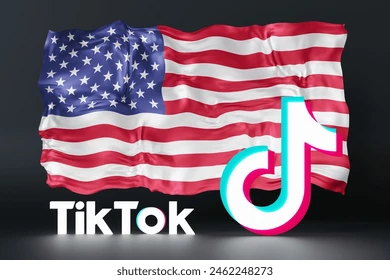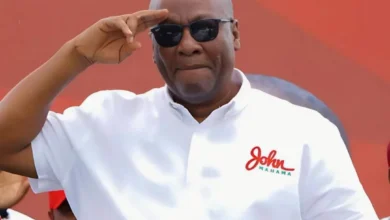US President-elect Donald Trump has urged the US Supreme Court to delay the planned TikTok ban, asking for time to pursue a “political resolution” once he takes office.
In a legal brief filed on Friday, Trump’s attorney argued that the president-elect opposes the ban and seeks to resolve the issue through political means rather than legal action.
The Supreme Court is set to hear arguments on January 10 regarding a US law requiring TikTok’s Chinese owner, ByteDance, to either sell the app to an American company or face a ban by January 19—just one day before Trump assumes office.
The US government has long expressed concerns that TikTok and ByteDance are linked to the Chinese government, allegations the companies strongly deny. These concerns led to the passing of a law in April, signed by President Joe Biden, demanding the forced sale or ban of TikTok. Despite numerous legal challenges from TikTok and ByteDance, the law has remained largely intact, and the companies’ last chance to prevent the ban rests with the Supreme Court.
While the court has already declined to grant an emergency injunction against the law, it has agreed to hear the case on January 10. In his filing, Trump emphasized that the case presents a complex legal dilemma, balancing free speech rights against national security concerns. However, he did not take a stance on the merits of the underlying case, instead requesting a delay to allow him time to address the matter politically after taking office.
The Justice Department argues that TikTok’s alleged ties to China pose a national security threat, and several state governments, led by Montana Attorney General Austin Knudsen, have urged the Supreme Court to uphold the law
In December, a federal appeals court rejected an attempt to block the legislation, stating that it was the result of extensive bipartisan efforts by Congress and successive presidential administrations.
Despite previously supporting a ban on TikTok during his first term, Trump has publicly opposed the current ban, stating he has a “warm spot” for the app due to its popularity with younger voters. At a press conference in December, Trump claimed, “I won youth by 34 points,” adding that TikTok could have played a role in his success, although the majority of young voters supported his opponent, Kamala Harris, in the 2020 election.






